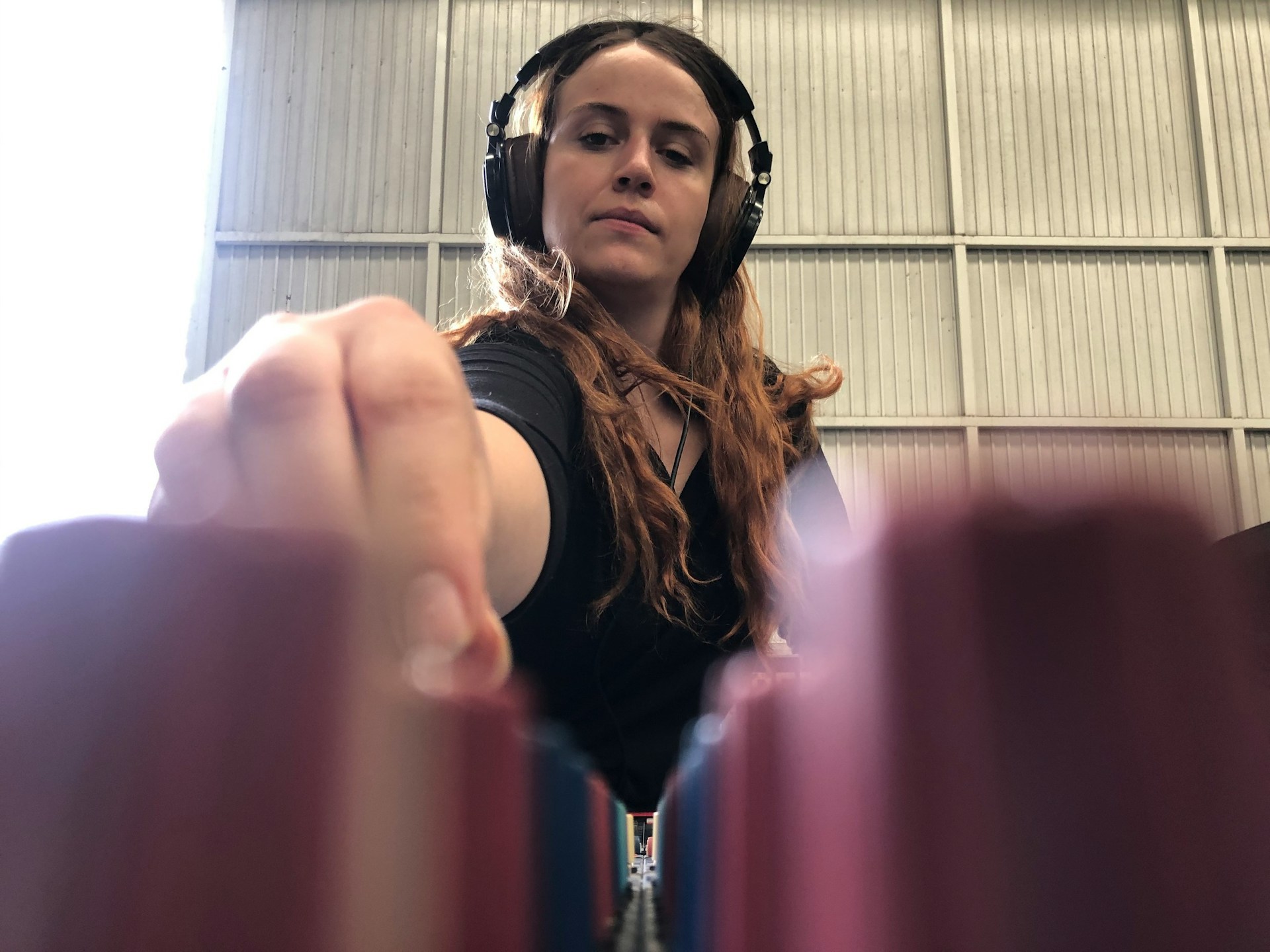Is a degree in commercial music worth it?
Blog by Platform One under Music Training & Careers

This blog is contributed by Education Director of Platform One College of Music – David Pontin. Platform One is a not for profits, independent boutique music college based on the Isle of Wight. The specialist college is 20 years old offering an amazing BA (Hons) Commercial Music and MA Music Industry Innovation & Enterprise, run in partnership with University of Chichester.
Okay so we set up a music college from scratch in 1999 - so of course we are going to say study a degree! But we really do mean it – why?
Finding and studying a full-time 3 year degree will give you time to grow personally and musically, without having to secure a full-time job that you hate! A job that will get in the way of your aspiration to work in the modern music industry. Finding the right course is essential - you must do your research and make informed judgements. So here are 12 points to consider when looking for a Commercial Music degree...
Do your research!
Applications for University courses all go through what is called University Colleges Admissions Service (UCAS). Go to www.ucas.com - click ‘Undergraduate’ and search for Commercial Music. You can then identify locations and navigate to the individual University websites.
Be brave and don't follow the crowd
Make the choice that is right for you and your aspirations. Do not go to a particular University just because a friend is or there is peer pressure to do so. It is essential that the location and University is right for you.
Check out the course content
What are the course ‘Modules’? These are the individual subjects that you will study. Look at the course breakdown – is there a variety of subjects. Do the subjects represent employment opportunities? Are they too vague and generic? How do these Modules stack up in terms of sustaining a career in the modern music industry?
Facilities
Be aware of glossy, beautifully shot prospectuses and websites. The thing about facilities is how often can you access them? Can you book open access out of hours? Are you allowed to use everything? Do they charge for additional rehearsals or studio time? What do you need to supply? Do they have endorsement deals? What equipment is available? When was it last renewed? Is this what the industry is using?
Portfolio Careers
It is important to understand that a career in the modern music industry will by default see you doing lots of different things – performing, writing, composing, putting on events, live sound, recording, production, teaching, arranging, touring, managing . . . . this list goes on. This is why it is essential to find a commercial music degree that has the breadth of all things industry. That is what should be appealing about Commercial Music degrees as opposed to specific degrees such as performance or music business.
Other opportunities
It is worth researching whether the University offers any additional opportunities. For example – the degree at Platform One College of Music on the Isle of Wight, includes you playing at the Isle of Wight Festival, as well as a European Tour Module.
Contact time
It is worth discussing with potential university choices the actual face-to-face contact time. What are you getting each week and for how many weeks? Be aware of too much ‘student directed study’ where you are left to your own devices.
Employability
Surely investing in a degree needs to eventually lead to meaningful and relevant employment. It is worth asking or researching where graduates have ended up after completely the degree. How does the course relate to actual employment opportunities in the modern music industry?
Staffing
Who are your core staff? What is their experience? How often do you see them? Be careful that the long list of big hitting names in the prospectus and/or website are actually the reality. How often to you get to work with these names?
One-to-one sessions
Can you access regular tutorials and support sessions with core staff? What does this look like and how often can you book these. Are they limited. Do they actually happen?
What personal support do you get?
Being a University student has its good times but it is only natural to hit some walls along the way. Ask or research how much welfare support is available to you. What does this look like? How can you access it?
What do students do after the degree?
Do not be fooled by the one or two stories of success in the prospectus or website. You need to know that there is a career path after the investment of the degree. Many Universities will keep an ‘alumni’ of what graduates have done since completing their studies. Do not be shy ask for the list.
So there you have it - some thoughts when considering studying a Commercial Music degree. If you need any further advice do not hesitate in contacting us at Platform One. We're really happy to discuss careers in the music industry, as well as potential routes. Just get in touch!
For more information on Platform One College of Music, Isle of Wight, check out this video and contact [email protected]
Tags
Platform One music college offer tips and advice on selecting the right music degree course for you






